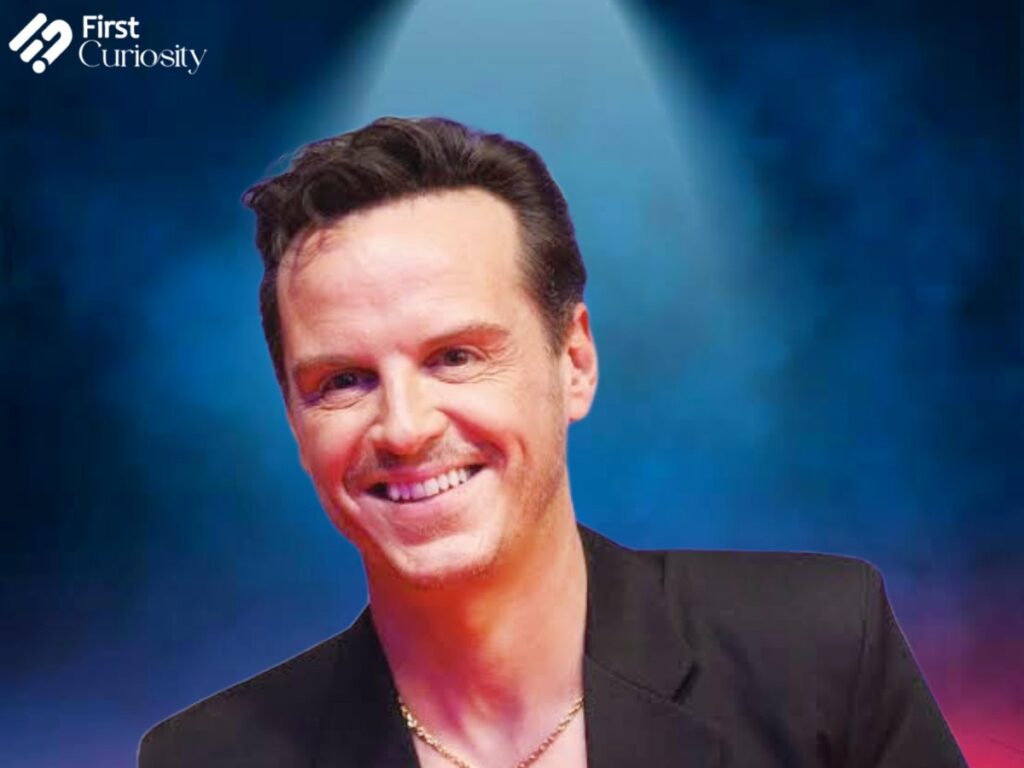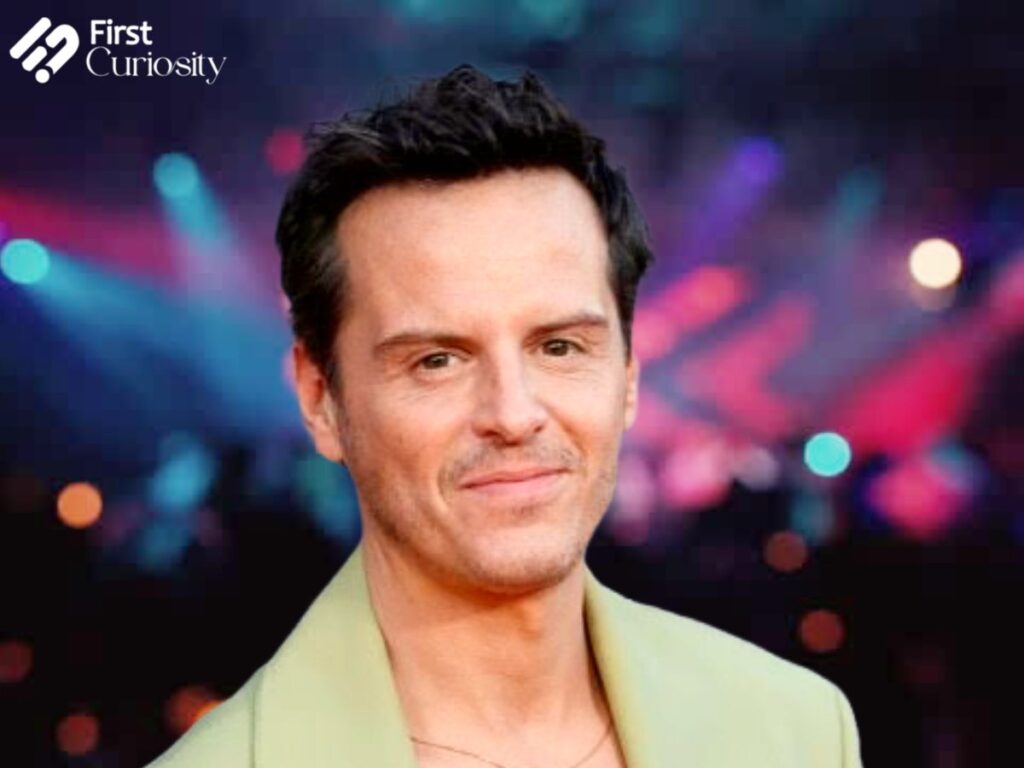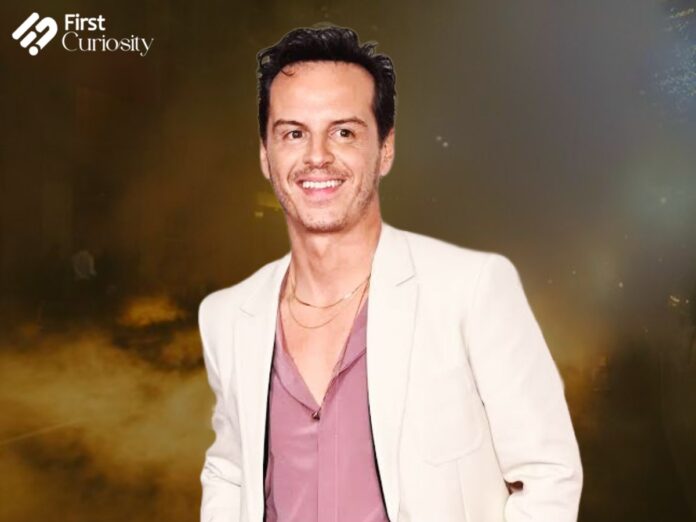Actor Andrew Scott, known for captivating audiences in shows like ‘Sherlock’ and ‘Fleabag,’ has sparked a conversation about LGBTQ+ representation in the media with his recent comments. Scott, who is openly gay, expressed his desire for a world where sexuality isn’t a defining characteristic.
He advocates for a future where actors are cast based on their talent, not their sexual orientation. Additionally, he wants LGBTQ+ stories to be celebrated for their unique narratives, not just as a way to check a diversity box.
Related: “Go Out And Get Some Fresh Air”: Andrew Scott Disses Fans Who Are Still Watching ‘Fleabag’
Andrew Scott On The Burden Of LGBTQ Representation

Scott acknowledged the impact of being able to be open with his sexuality in an interview with Variety. However, he still has his battles with it. “It’s wonderful to be able to talk about sexuality in an open way. But I do feel sometimes other people, and by other people, I mean straight people don’t have to explain or talk about their sexuality every time they go to work,” he said.
Scott’s words highlight a double standard that exists in Hollywood. While increased visibility for LGBTQ+ actors is crucial, the constant focus on their sexuality can be reductive. Imagine, as Scott suggests, straight actors being constantly asked about their heterosexuality in interviews. It would feel unnecessary and irrelevant.
“I don’t want to be the ‘gay actor’ playing the ‘gay role,'” he said, a touch of weariness in his tone. He longs for a future where actors are cast based on their talent, not their sexual orientation. A gay actor, he argues, should be able to play a straight character just as convincingly as a straight actor can portray a gay character.
In case you missed it: Andrew Scott Put A Stop To His ‘Hamlet’ Performance After Disrespectful Audience Member Broke Theatre Etiquette
Why Andrew Scott’s Perspective Is Important

This isn’t a call for invisibility. LGBTQ+ stories deserve to be told, but not as a monolith. Scott emphasizes the importance of diversity within the LGBTQ+ community itself. Additionally, there’s a spectrum of experiences, and forcing actors to fit a specific mold limits the richness of storytelling.
“We need to be talking about the complexities of human experience, and sexuality is just one part of that,” he explained. Scott basically wants a world where LGBTQ+ characters are portrayed with depth and nuance. Where their sexuality isn’t the sole focus but simply another facet of their multifaceted personalities. Scott’s comments are a call for a shift in perspective.
You might like to read:





